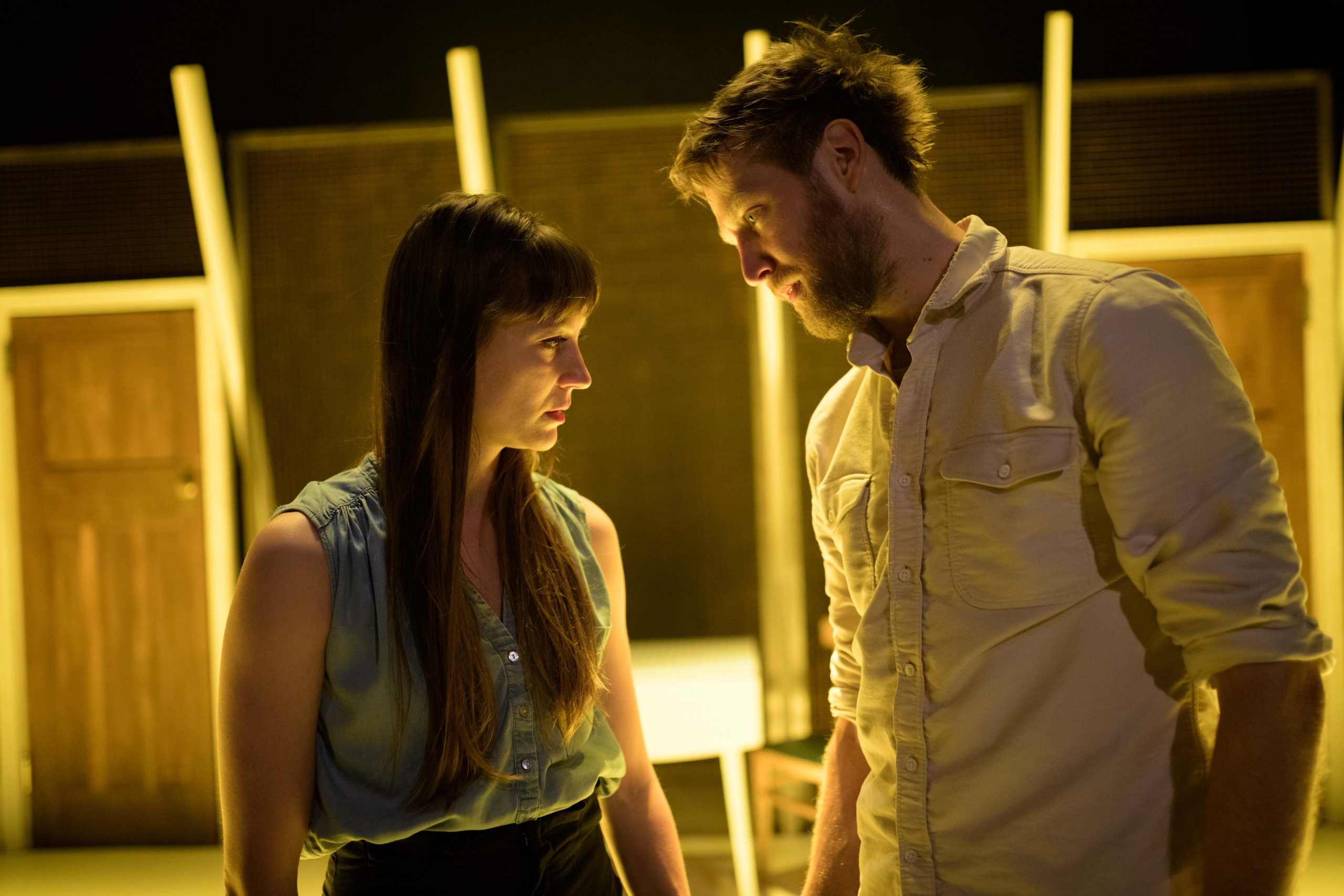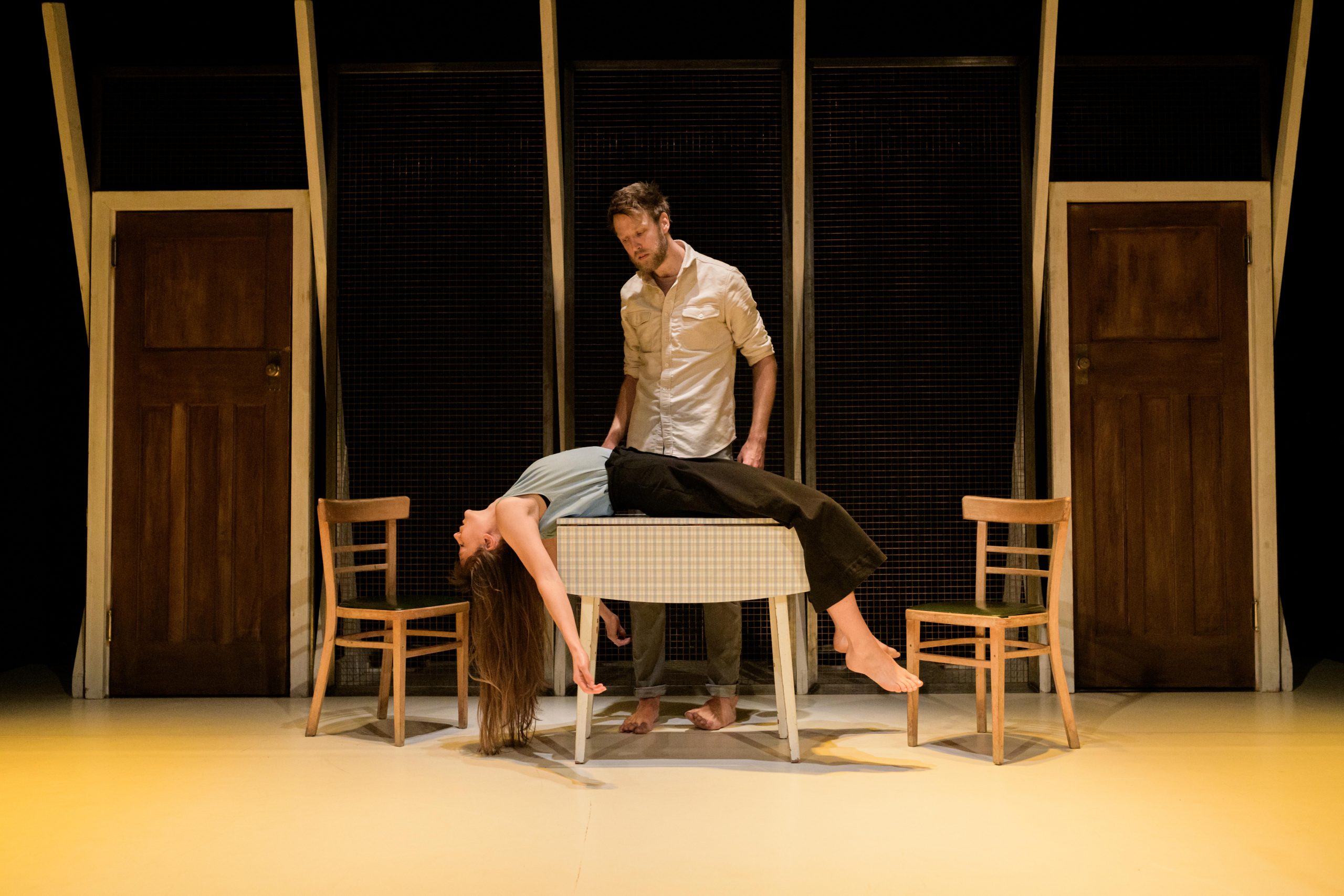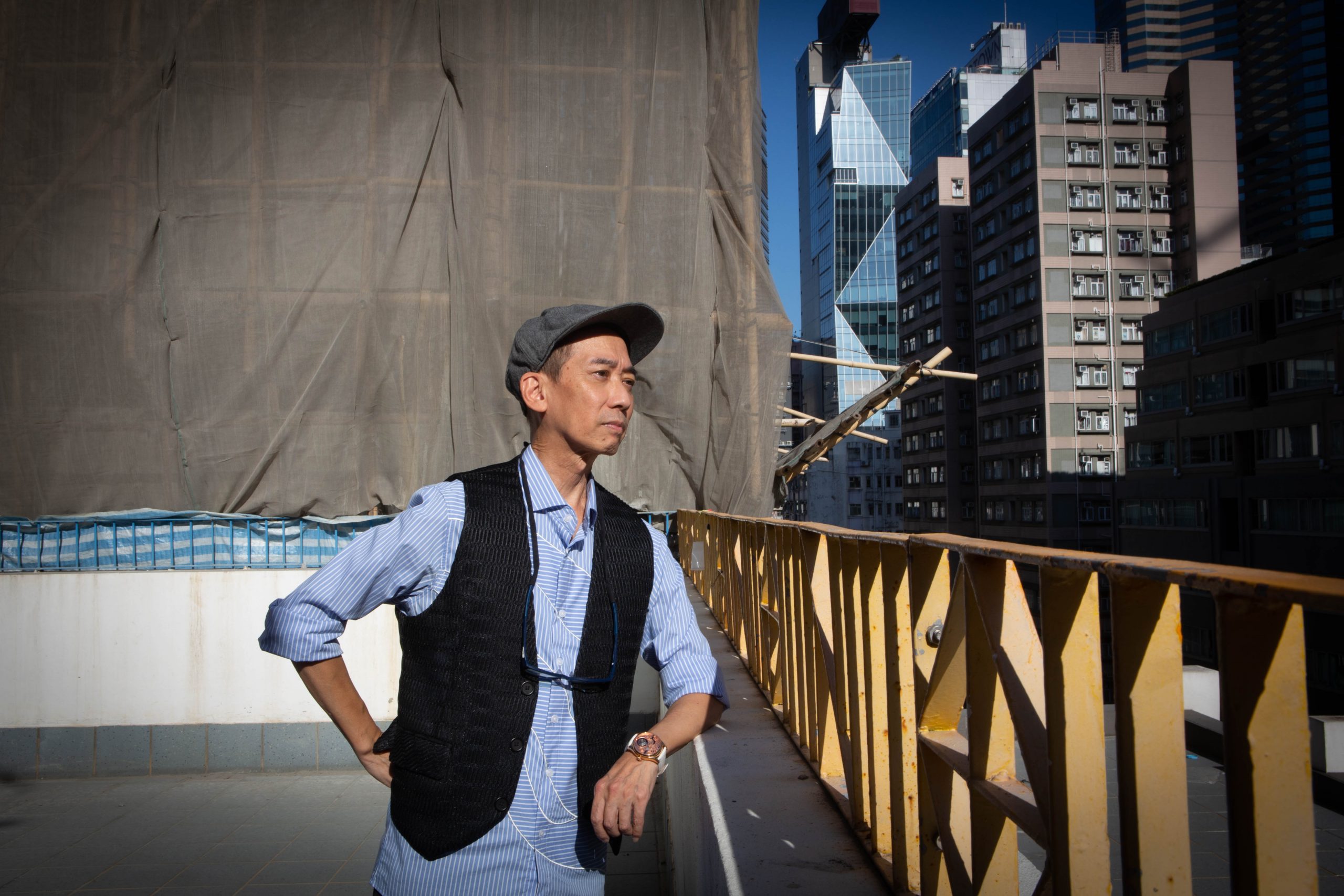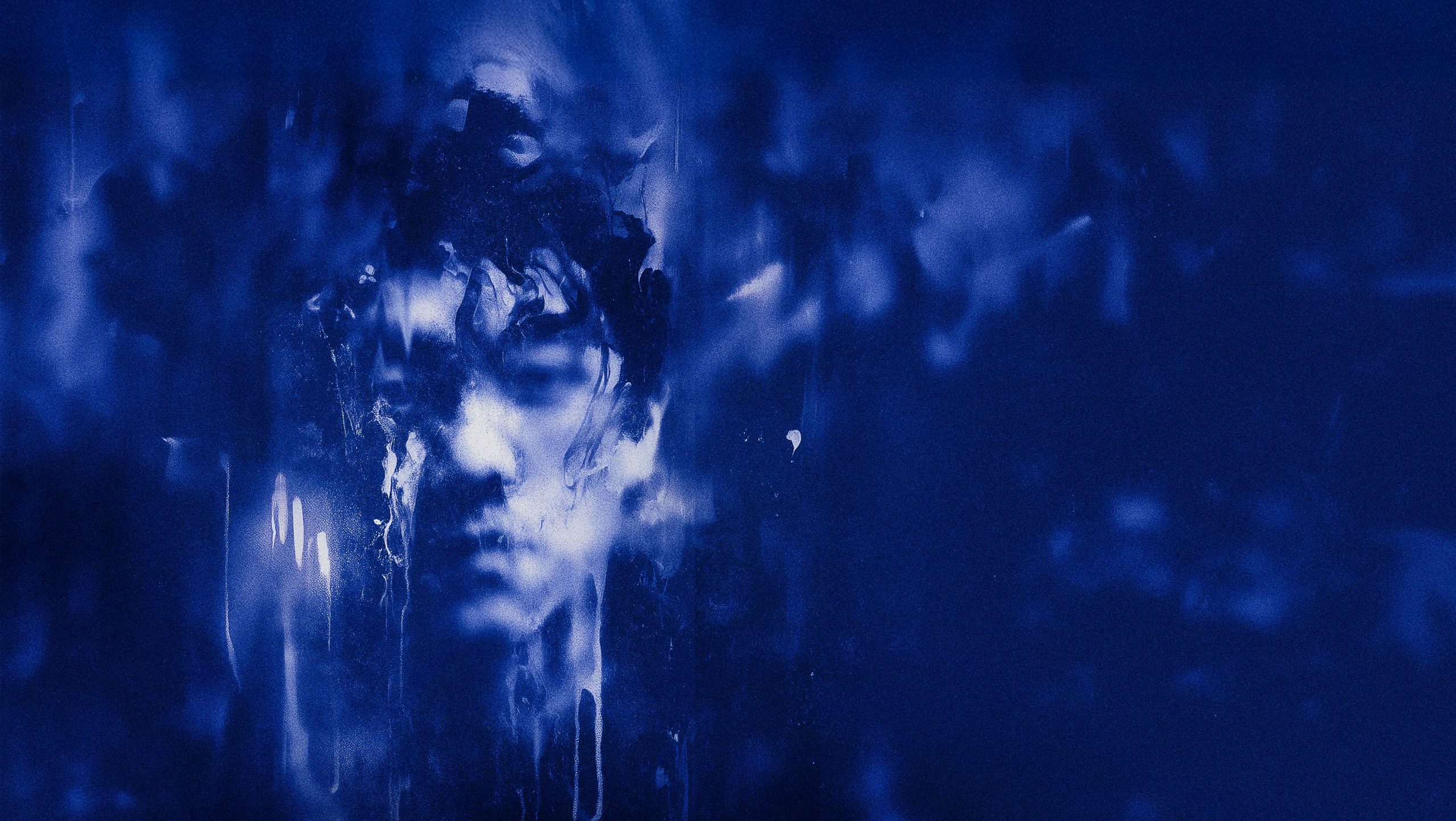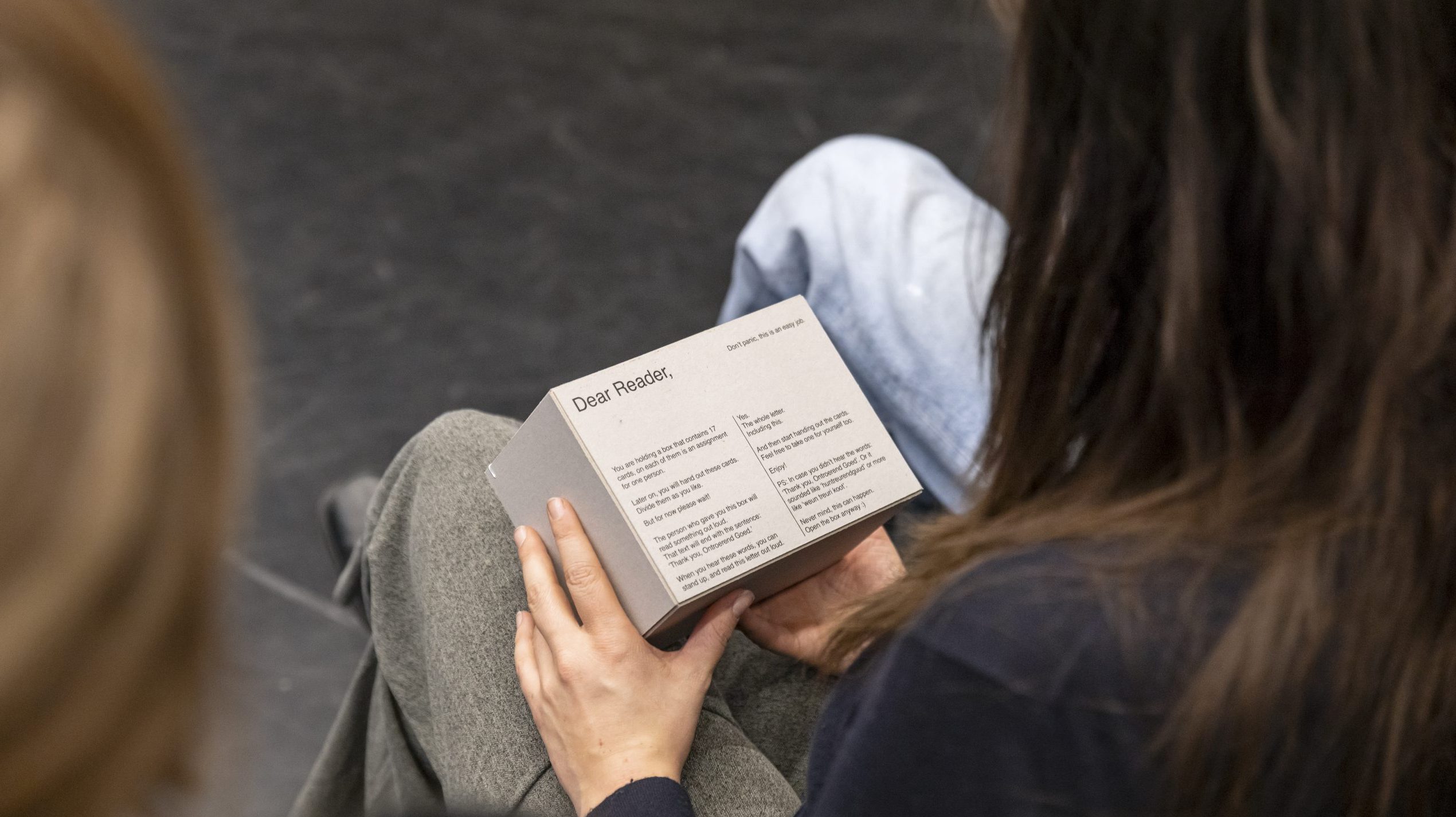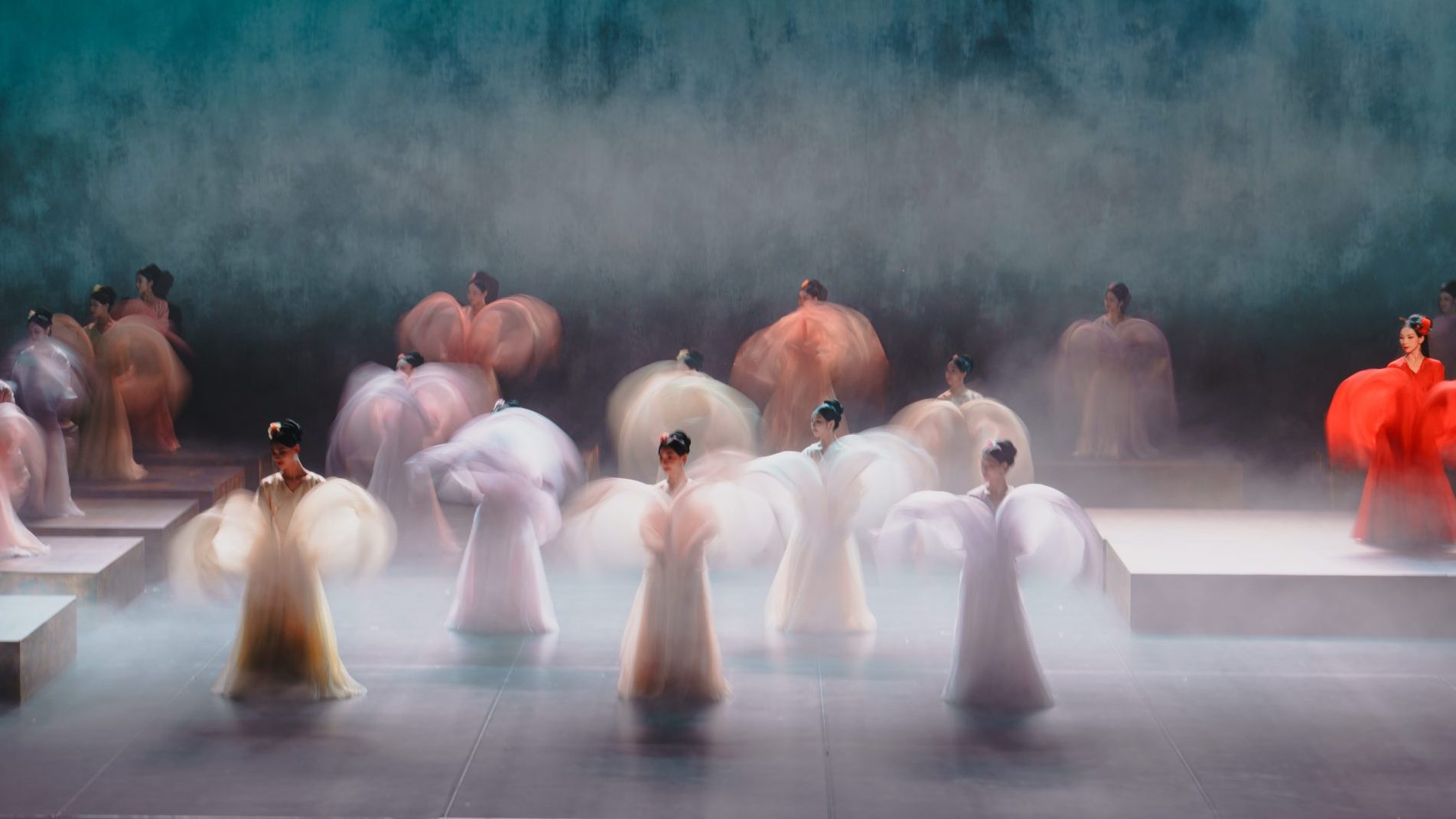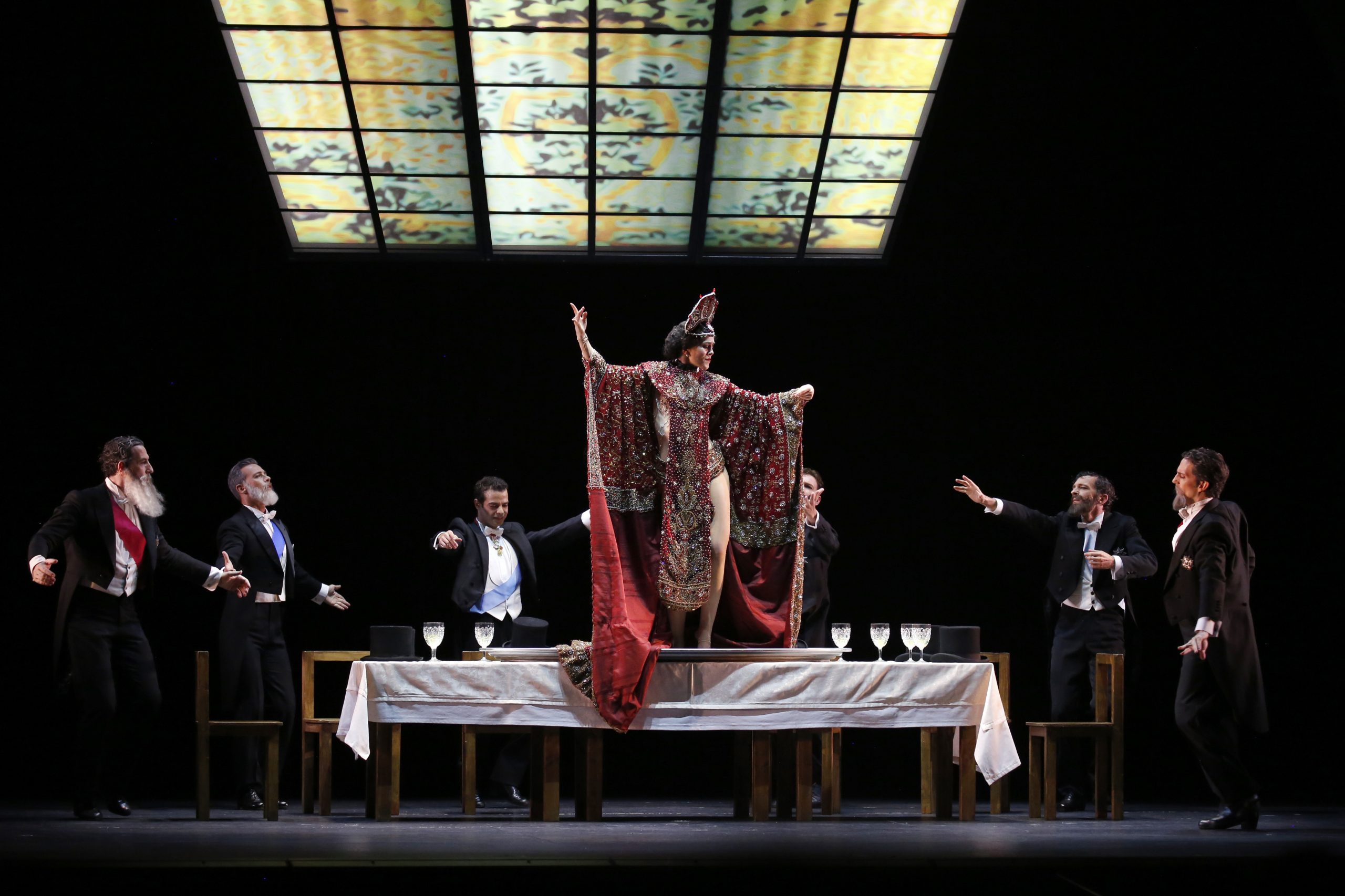Lost Dog's Juliet & Romeo might not be the first modern retelling of the classic story, but it may be the first therapeutic experience involving the tale as the audience sits through a counselling session with the titular characters, who are married and struggling with their relationship. In this decidedly fresh and comedic take on the popular play, Romeo and Juliet are seen coming to terms with the idealised version of their romance and their younger selves, whose story—according to director Ben Duke—was stolen and appropriated by Shakespeare for his own purposes.
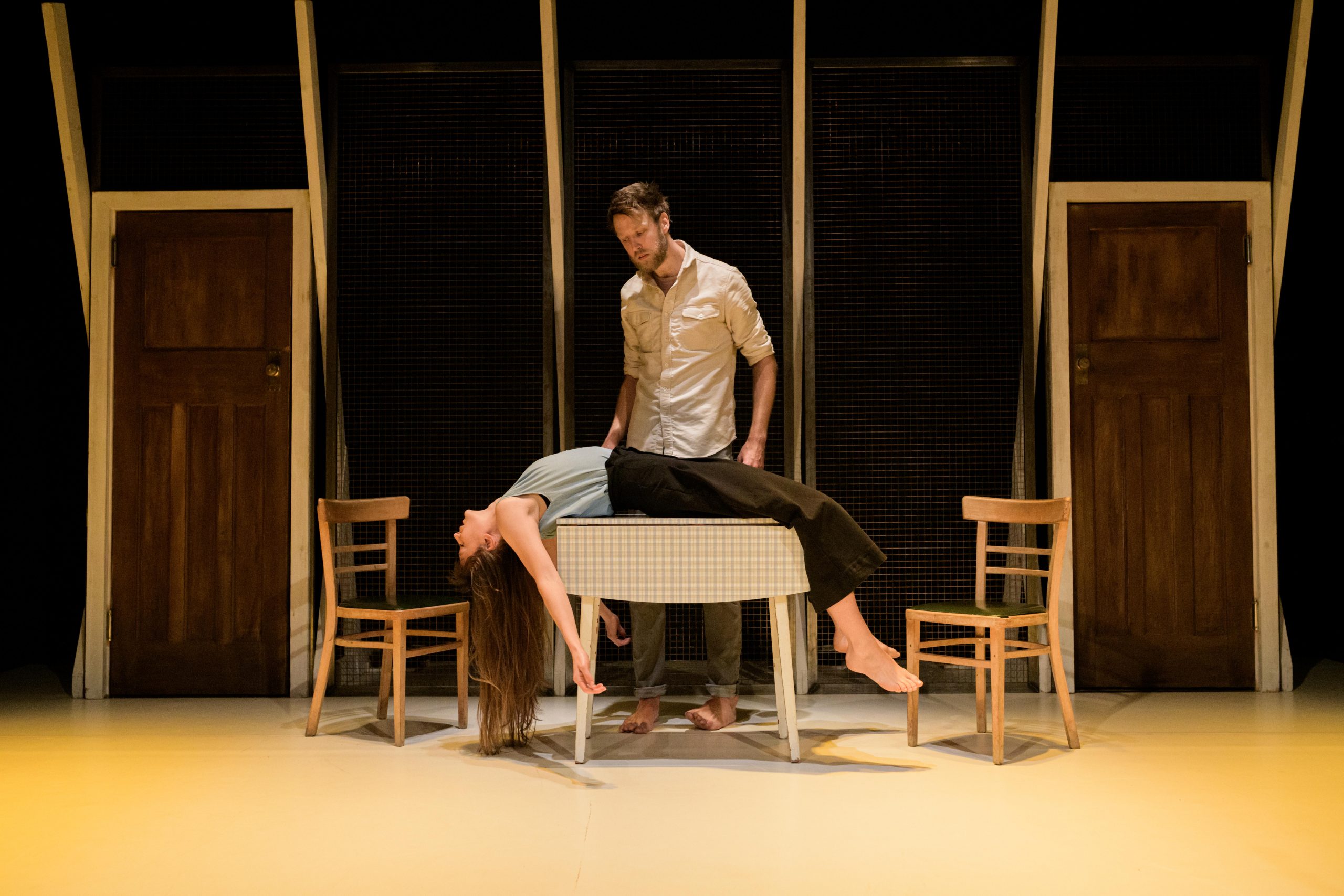
How did a well-known tragedy get turned into a comedy? For Solene Weinachter, one of the masterminds behind the show, laughter allows audience members to confront topics that are otherwise too uncomfortable to think about, and is a tool that bonds the performers with observers through its sheer honesty and immediacy."Also, we just happen to love a good laugh,"she shrugs.
Keep in mind, though, that under the guise of a good laugh lies a troubled relationship devoid of any sugar coating that romance readers will be accustomed to. It turns out that the star-crossed lovers, now in their 40s, are here to destroy what Weinachter calls"a patriarchal"and"very white Western myth"—people falling in love and dying for each other after several hours of meeting—that is embedded within a problematic gender structure. In referencing the multiple versions of Romeo and Juliet, the show culminates in a meta-commentary that reclaims and ridicules an age-old institution buttressed by centuries of endless retellings.
Ultimately the production is a tribute to those who hold on to their relationships with courage. It is also about the desire to capture individuals in a certain moment of their lives."A big part of who we [Lost Dog] are, is that the work comes alive on stage when it's performed with an audience. So... how do you even end the show?"asks Weinachter.

Lost Dog Juliet & Romeo
Detail:https://www.hk.artsfestival.org/en/programme/lost_dog


